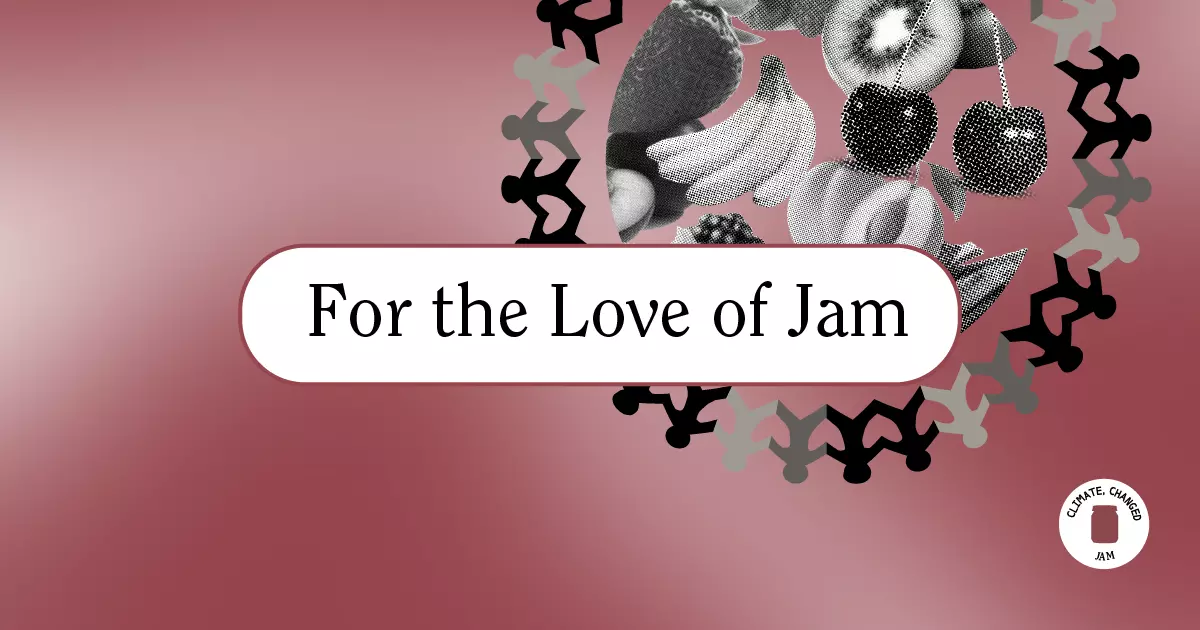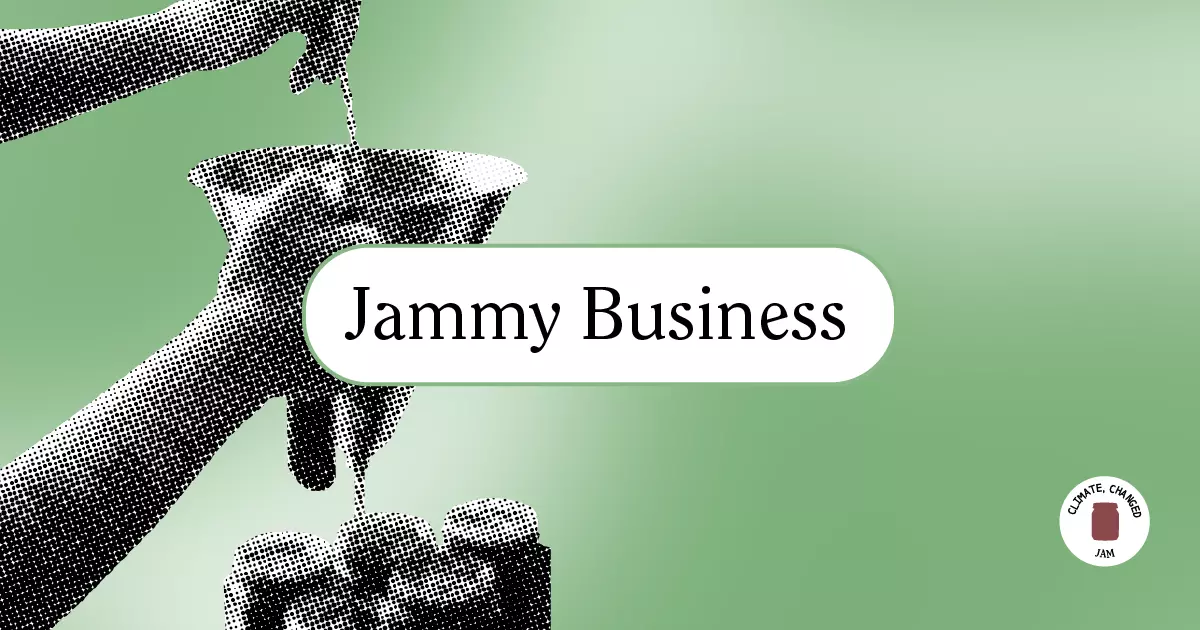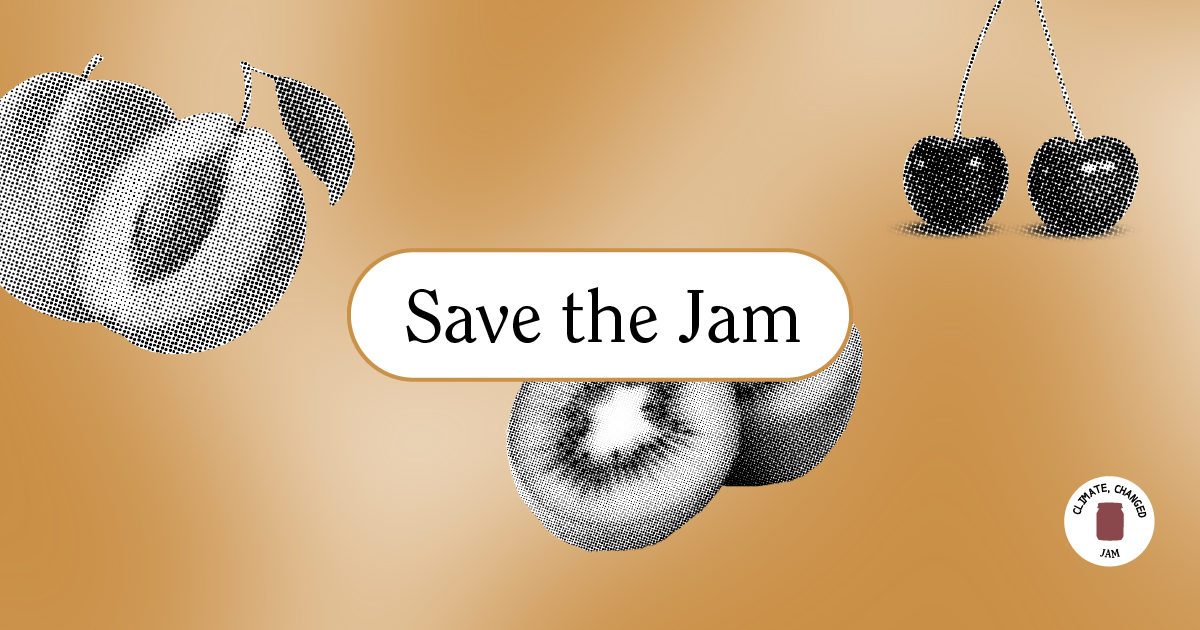INTERVIEW
Moonlynn Tsai Gets to the Heart of Hospitality
WORDS BY SARAH COOKE
NOVEMBER 2, 2020
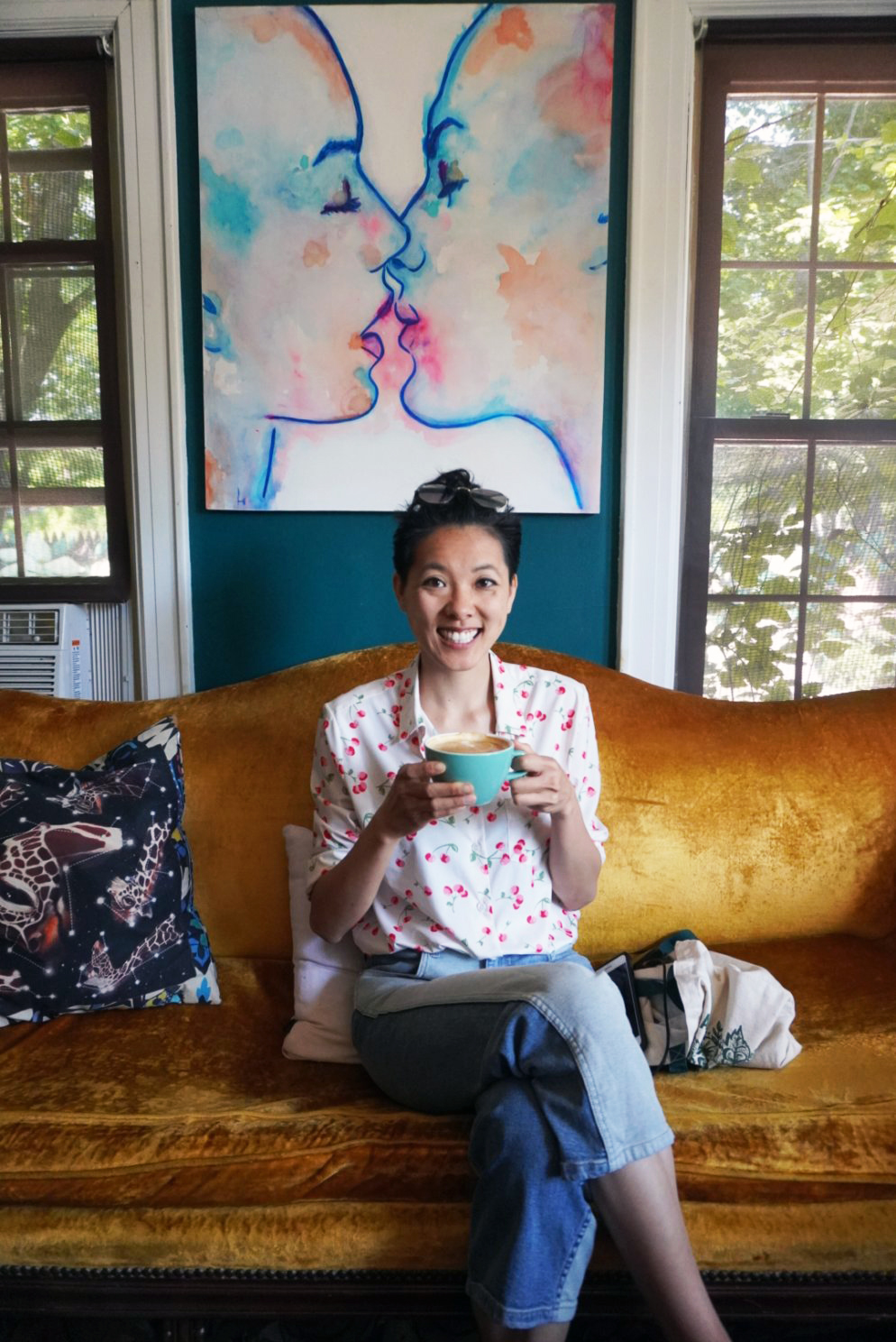
Moonlynn Tsai is a Taiwanese-American restaurateur who grew up in Carlsbad, California, spending time at her parents’ Chinese-American restaurants leading front-of-house operations, back-end admin work, and marketing. Currently, she is the investor and co-owner/operator of the critically acclaimed restaurant Kopitiam in New York City.
Before committing to a career in hospitality, Moonlynn dabbled in various odd jobs, including buying and selling snuggies and shake weights on eBay. Over the past decade, she has combined her passion for community building and bringing restaurant concepts to life such as Original Gravity, San Jose’s first craft beer bar, and Michelin Bib restaurant Pine & Crane in Los Angeles.
In 2016, Moonlynn and her romantic partner, Yin Chang, founded Heart of Dinner in Los Angeles as a supper club with proceeds benefiting nonprofits addressing food insecurity. In spring of 2020, at the start of COVID-19, they launched the #LovingChinatown initiative in NYC to provide culturally appropriate meals and counter hunger and isolation within elderly Asian-American immigrant communities. To date, they have provided over 30,000 meals throughout Lower Manhattan, Brooklyn, and Queens.
Moonlynn has been featured in publications such as The New York Times, Oprah Magazine, Vogue, and The Wall Street Journal.
This conversation has been condensed and edited for clarity. On the cutting room floor: a story of above-and-beyond service at an Eleven Madison Park lunch, and mutual congratulations for relationship anniversaries.
Sarah: Thank you so much for making the time to talk today! What’s happening in your world right now?
There's so many things going on. There’s the restaurant and trying to keep that afloat, and then there’s Heart of Dinner, a nonprofit that my romantic partner Yin Chang and I started. It’s trying to find time to balance everything, really.
I’m usually at Kopitiam from about 8AM to 5PM, and then it’s Heart of Dinner things until evening. [Yin and I] have actually pulled two all-nighters this week, just trying to figure out what to do going forward in terms of all the different projects.
After the pandemic ends, whenever that is, what are your big hopes and plans for Heart of Dinner and for the #LovingChinatown initiative?
When the pandemic hit, and the xenophobia and racism were very, very apparent and happening on a day-to-day basis, Yin and I thought, “Let’s see how we can provide meals to those most vulnerable.” That’s how we ended up providing meals to Asian seniors who were social isolating at home. Because all of the Chinatown markets were closing down, the access to culturally appropriate food and produce and ingredients was very spare. We literally ran to Trader Joe’s looking for ingredients, thinking 200 meals would be enough.
We thought that the pandemic was going to last maybe a month. When we realized it wasn’t, we thought, “Make it to July.” When July rolled around, we talked to our partners like Chinese-American Planning Council and Hamilton-Madison House. Some said their elders were doing okay, while others asked us to hold on a little longer, because the government had just cut some funding for social service organizations.
Around the same time—and this is how amazing the community has been—a lawyer reached out and told us to let her know if we ever needed anything. We didn’t take her up on it, thinking we didn’t have any legal issues, but then she reached out again and asked, “Have you ever thought about turning Heart of Dinner into a nonprofit? I would love to do that for you pro bono.” That would help us with fundraising; right now, it’s peer-to-peer.
That’s where we are right now. It’s a very much month-to-month situation. Our restaurant partners have been amazing and have been with us since the beginning: Saigon Social, Bessou, Golden Diner, NoWon, 886, Van Da / Haema, and Partybus Bakeshop.
We’re hoping the Loving Chinatown initiative won’t have to be a long-term thing. Before the pandemic hit, we had wanted to do food tours through Heart of Dinner, bringing our culinary friends around Chinatown and donating all proceeds to the restaurants. Hopefully, we get a chance to revisit that, and it will be more uplifting, instead of this dire need to feed people.
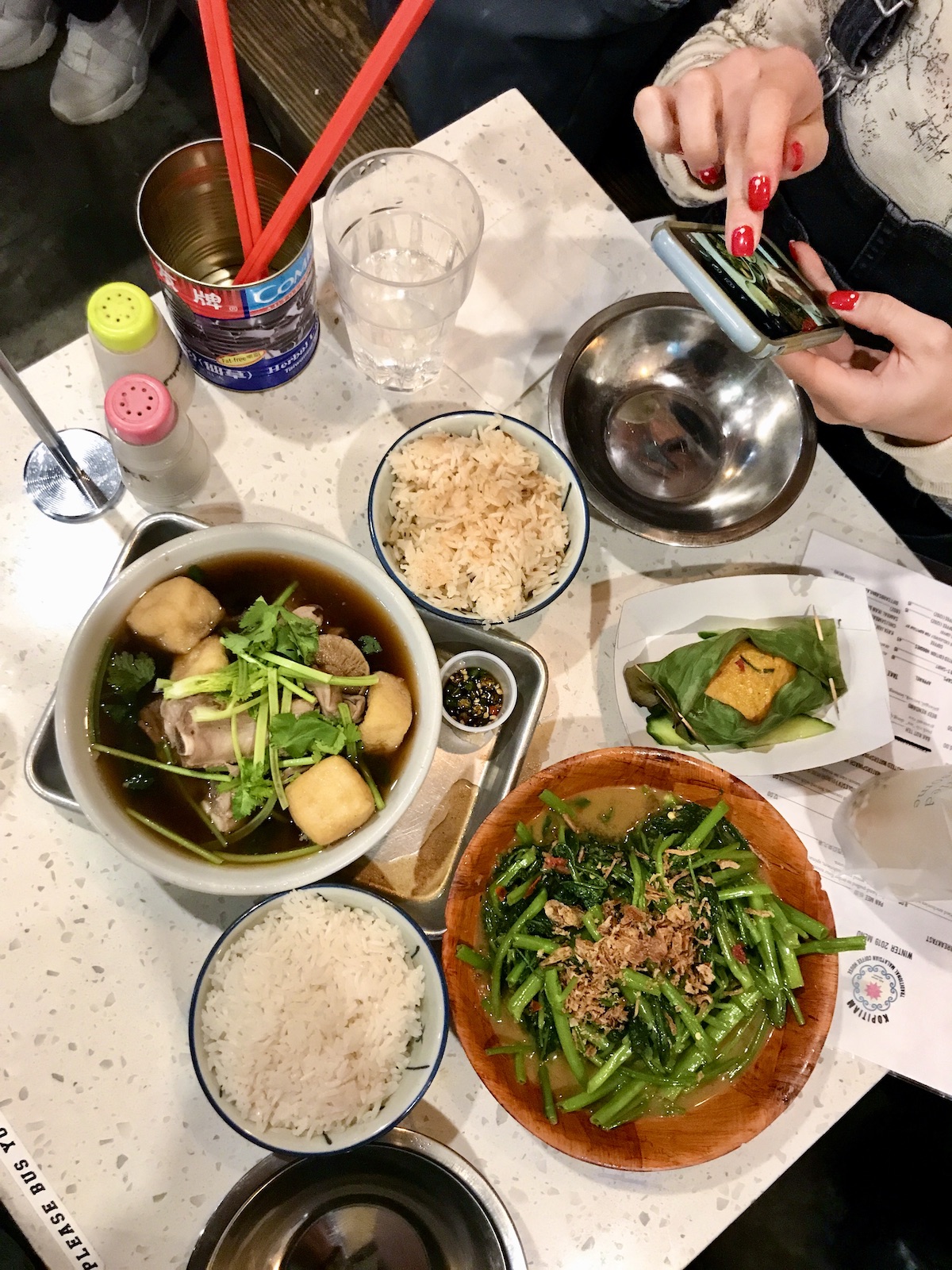
A meal spread at Kopitiam. Vicky Gu
I’m curious what the situation has been like at Kopitiam, since you said you’re balancing two full-time jobs. That just sounds like so much.
[Moonlynn laughs.] It has been a lot.
When the pandemic first hit, my business partner Kyo and I furloughed our entire team, nearly 25 people. Our back of house is mainly single women above their 60s, so they’re at a very vulnerable stage in life for COVID. And 90 percent of front of house are high school kids who still wanted to work, but their parents wouldn’t let them out.
Kyo and I decided to hold down the fort between the two of us, and that any of the proceeds that we made would first go to pay out the team. It was very important for us to make sure that they were not worried about when they would be getting paid.
At the beginning of the pandemic, we were doing about five to eight percent of our previous sales, which was really, really scary. I was running front of house, so I was the first point of contact for all the guests coming through, and I remember every morning being really nervous, like, “Is this when I get COVID?” The anxiety of that, every single day—it was really stressful, on top of the physical load of taking orders, running to the kitchen, delivering and packing to go.
Although people still wanted to support the restaurant, they didn’t want to come in person, so we really had to focus on retail. At the time, because I did not have a printer at Kopitiam, I was hand packing every package, writing the address and a note on each, and bringing it over to the mailbox myself. Our retail sales in March jumped 9,000%.
In April, we were able to bring back two people, because we landed a partnership with rethink New York City. They contracted us to make 300 meals a day for the local hospital Gotham Health Gouverneur, and after that, we made meals for one of the shelters nearby. With that, we were able to slowly bring back more and more people. Rethink New York saved our asses; I really don’t think we would have been able to sustain without.
In the first round of the PPP, we didn’t get funding, and that was devastating. Just hearing the news of where the money did end up going, we were like, “Are you serious?” [Sarah and Moonlynn laugh.] But then we did qualify for the second round, and that was a really big deal for us.
What does keep me and my spirits high is how amazing this community and this neighborhood is. Being the only person in front of house at the restaurant, I see every single person that comes through to order, and I’ve developed amazing friendships that will carry on through and after COVID. Some guests not only buy from us, they also bring us food to eat. It’s gestures like that that make you want to keep giving back to the community. You can really feel that care and love.
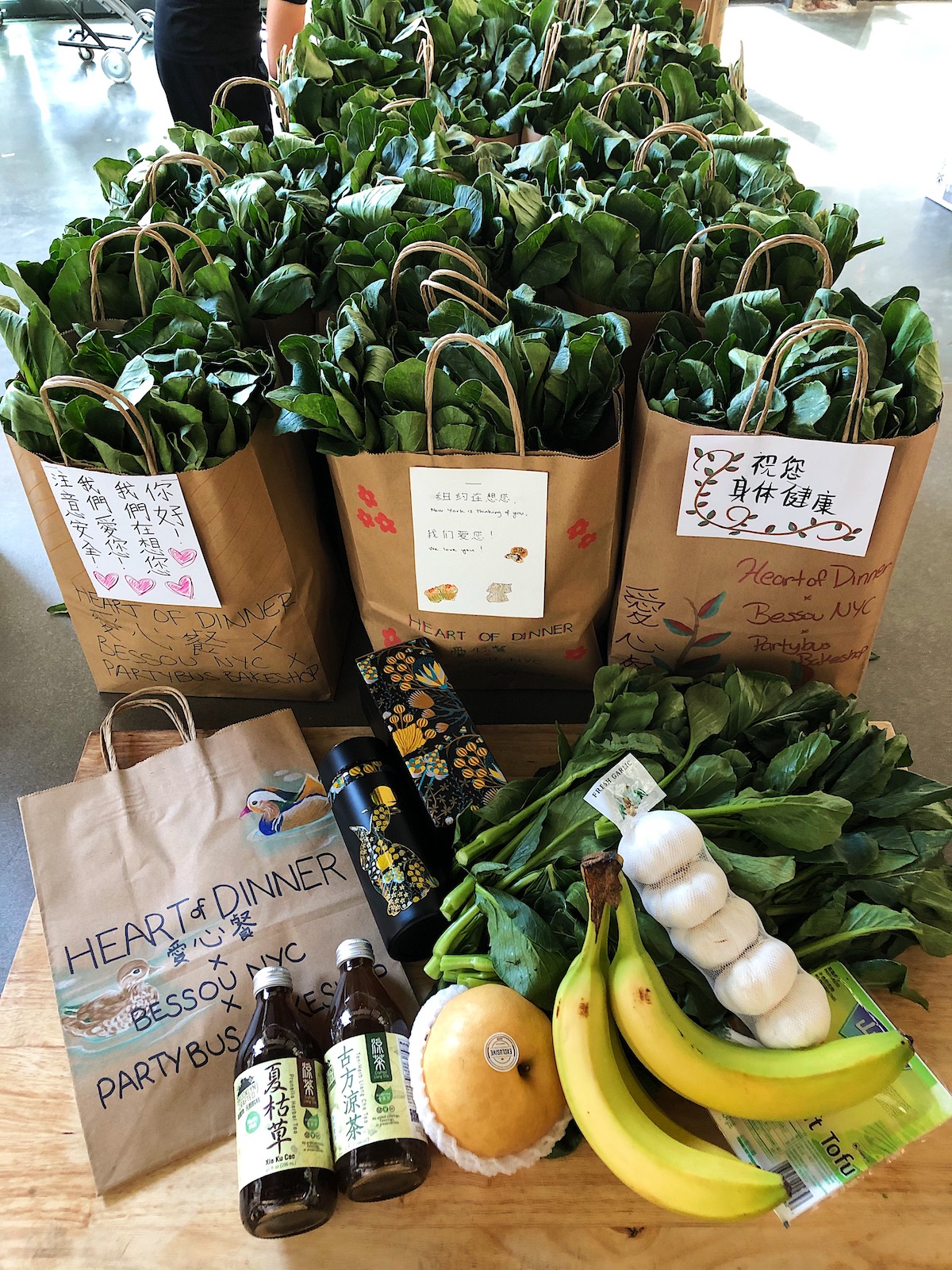
Heart of Dinner grocery bags. Yin Chang
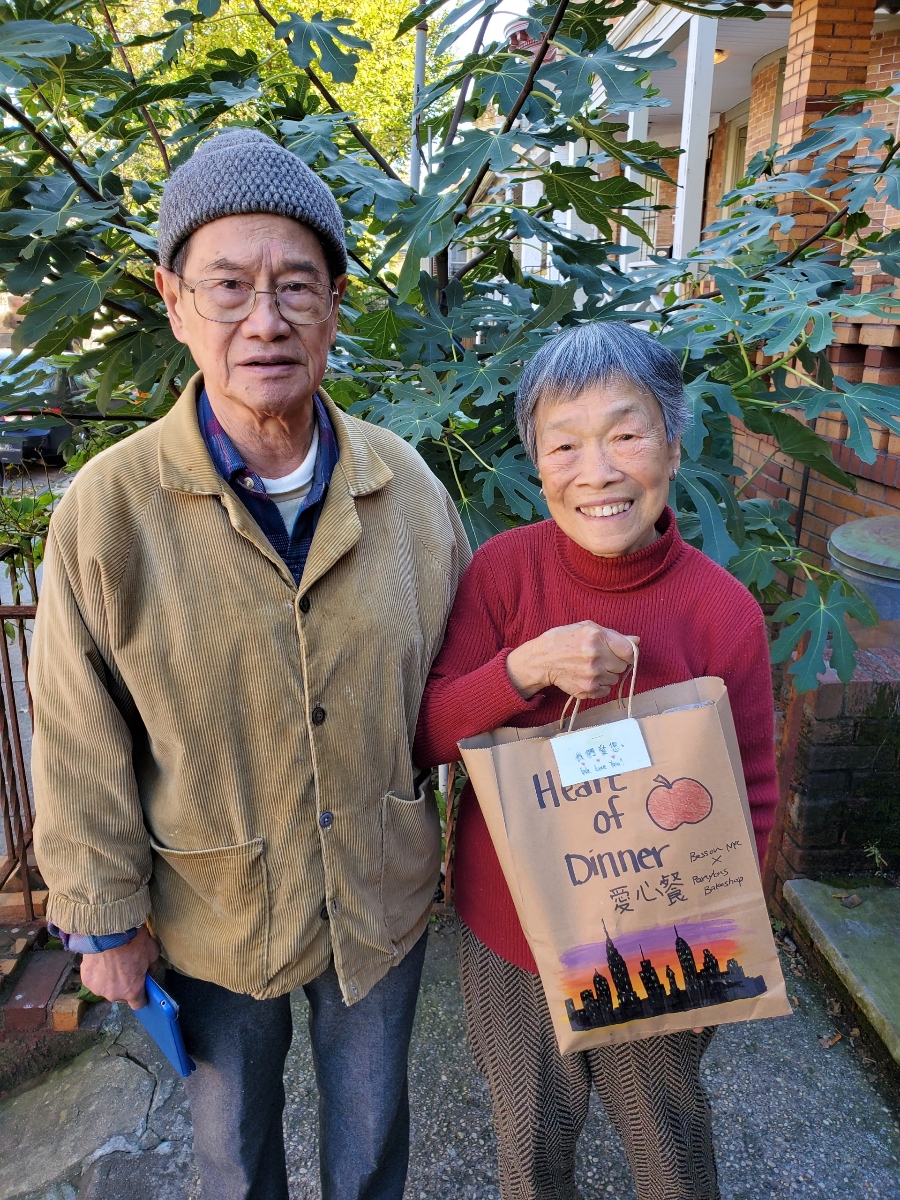
Heart of Dinner recipients. CPC Brooklyn
In the video on Heart of Dinner’s website, there are scenes of volunteers delivering food to elders. There’s one elder who thanked you by saying, “This is food made with love.” Everything in that video just vibrates with so much love. Is that what got you into restaurants, that desire for love and community around food?
Actually, no. My parents own restaurants in San Diego, and growing up, I just saw how much time they were away and how difficult and how much conflict it brought to the family. I remember thinking, “No, I don’t ever want to go into that.”
After I graduated from college, I lived in Irvine for five years with four guy roommates who loved to cook. We would go on weekly trips to the farmer’s market in Irvine and find produce to experiment and play with. I remember thinking, “I have a really strong interest in this, it’s not just a hobby, but I don’t want to work and be unhappy like my parents.”
Then I realized I’m very privileged. I have the option of doing what I want, and I have the support from friends and family to do what I want. My parents came to America, and it was out of necessity that they had to open the restaurant, because they didn’t speak English well. Creating something tangible, where they didn’t have to have that much communication, was their form of survival. When you’re doing something out of survival, it’s very different than out of passion and creativity and love. You can still do both, but also having a new family to raise? It’s a lot of pressure.
It’s hard.
It’s so hard. I applaud both of them. As I got older, I started to realize that more than when I was younger. Our parents, and immigrant parents in general, give so much for us to be able to be where we are.
Two of my roommates opened Original Gravity, a craft beer bar in San Jose, and I moved there to run it, which I really enjoyed. I really enjoy hospitality, I enjoy the creativity behind the scenes, the logistics. Intuitive service is something that I really try and hone in on and bring to all my projects. If you can go that extra mile, why not?
Two years later, I got a call from Vivian Ku who asked if I would be interested in this project Pine & Crane. Her family has a farm in Bakersfield where they grow Asian produce, so her idea was a Taiwanese farm-to-table restaurant, literally, in Silver Lake. It was so exciting, me being Taiwanese and listening to her story, because I would be able to be part of a restaurant that really helped showcase my own culture. I moved down to Silver Lake, and I was there for about two years.
Right before I turned 30, I realized that I’d spent most of my life working for and with other people, and I decided I wanted to do something by myself. I started Heart of Dinner at that time, because L.A. was a very difficult city for me to acclimate to. Heart of Dinner was my way of having that connection that I was looking for, while also playing around with food and showcasing some of the Taiwanese comfort foods that I grew up with.
Around that time, Yin and I traveled to Southeast Asia, and that’s actually when I discovered Malaysian food for the first time, because Yin’s grandpa is Malaysian. We spent the next two years looking for a restaurant space for me, but I kept thinking about Malaysian food and asking Yin, “Babe, do you want to open a Malaysian restaurant?” And she was like, “I’m not in the food world, I’m an actress! I’m a podcaster! No!”
So it was just the chances of coming to New York in 2015, finding Kopitiam, and finding out that unless Kyo could find an investor, she would have to close it. At the time, Kopitiam was only 250 square feet, and everything was made on duction burners. I was blown away by the food that Kyo was able to create out of such a tiny space.
Kyo and I met up for a couple days, and we clicked. I invested in Kopitiam and signed a business partnership, and four months after that meeting, Yin and I moved across the country.
When Kyo and I were going through construction of Kopitiam, we knew we wanted a quirky, very casual space, where everyone was welcome, where everybody living in the neighborhood could come and visit every single day if they wanted to. I’m trying to keep everything on the menu under $12—we now have one item that’s $13, but the bulk of our menu is under $12.
When I was looking into finding a team, a bunch of people came in who had experience, but they were like, “Oh, no, not for me.” There was one person that we did extend an invite to join the team, who came for training, and then literally left halfway through.
What??
It was really heartbreaking. I think people thought, “Oh, it’s just a Chinatown restaurant, there’s no future.”
At that time, the only people who were swinging by to peek in were students from the local high school, and they asked if we were hiring for summer jobs. I hadn’t worked with high school kids before, and I knew that because they were leaving in three months, I would have to retrain a whole team. But push came to shove, and we tried it. And it was the best decision I’ve ever made. I am so humbled and inspired by them.
As a boss, my focus has been on mentorship. My dad ran his restaurant in an almost tyrannical fashion—a lot of yelling, a lot of screaming—that was okay back in the day. But having experienced that aggression and been the butt of it many times, I knew that if I ever had a business, that would not be the way I was going to run it.
Especially with these kids and this being their first job, I felt I had a responsibility to make sure they knew their worth. When you’re young, having that first very solid foundation can set you up for the rest of your life. I was very aware of making sure that there was a lot of heart in the team. I think that exuded into the guests, and they noticed it, too.
It sounds like in your career, your ethos has been this consistent throughline of care. As you’re caring for so many people and for the community in Chinatown, how are you caring for yourself?
[Moonlynn laughs.] That’s a really good question.
There have been many days where I was on the brink of burnout. I would go home and be like, I just need to lay down, it’s too much. Yin has helped alleviate whatever stress I had going. Her reasoning is, “It doesn’t matter if I’m not an owner of Kopitiam or if I’m not affiliated at all with Kopitiam, you’re still my romantic partner, and I’m going to do whatever I can do to help you.”
I watched videos that you and Yin have done together, and I loved seeing in your partnership and your relationship that you help each other become more of the people you want to be. I just love love, and I love what love makes possible.
Thank you. You nailed it. I think when you’re in a strong partnership that has a lot of nurturing and love, it makes you feel safe, and with safety, you feel like anything is possible. You’re also so inspired by that love and that feeling that you want to share it with everybody. As cheesy as it sounds, I want everyone to be able to experience a strong love, a supportive love, and a non-judgmental love.
Heart of Dinner, especially, is a big showcase of our love for each other. Yin’s amazing. She’s driven by heart. Being with her has been so inspiring, and it’s really made me embrace that part of myself, too. Having a partner who is just so warm and so supportive, it builds everything and accentuates these small details even more.
We try to be mindful, so we take walks around the neighborhood, and then we walk to visit our restaurant partners for Heart of Dinner, because we’ve all become really close during this time. And I’m trying to learn that just because I’m working 14, 16 hours a day, and I could still get more things done, is the world really gonna end if I don’t put in those extra three hours? No.
I’m still trying to find a balance. It’s difficult, especially because of social media, where I can see on my Instagram that things look great, you know, Heart of Dinner is getting press, Kopitiam is getting press. But it’s just the two of us working 14, 16 hours a day, really pushing, because we don’t know where this is going.
Are things gonna end up going back to any resemblance of the way things were? No idea. And if so, when is that going to be? Still, no idea. Our motto is that we’re not going to go down without fighting. If we know that we put all of our energy and effort into fighting, and let’s say for some reason it wasn’t able to last, at least we have the peace of mind that we tried.
In terms of Heart of Dinner, it’s been really upsetting for us, because funding is really tight. We’re getting reached out to by more individuals who do need help, but we’re unable to accept more, because we don’t have enough funding to add on more people.
Just the other day, we were reached out to by somebody from Hamilton Madison House, asking if we could take on a handful of seniors, including one in his 80s or 90s who hadn’t eaten in seven days. It was just heartbreaking, listening to that story and trying to figure out what to do. We did add him on, because no one cannot not eat for seven days.
We actually thought that he may have passed away yesterday, because our delivery people and his translator couldn’t get a hold of him. All morning, Yin was nearly about to cry, because she really thought something happened to him before we were able to pass him the meal.
But through this time, there have been a lot of really joyous moments, too: getting to know acquaintances who have turned into friends and family, seeing the reaction and the involvement from the community. That has been the guiding light through all of this, in a time where everything feels very uncertain and very gray.
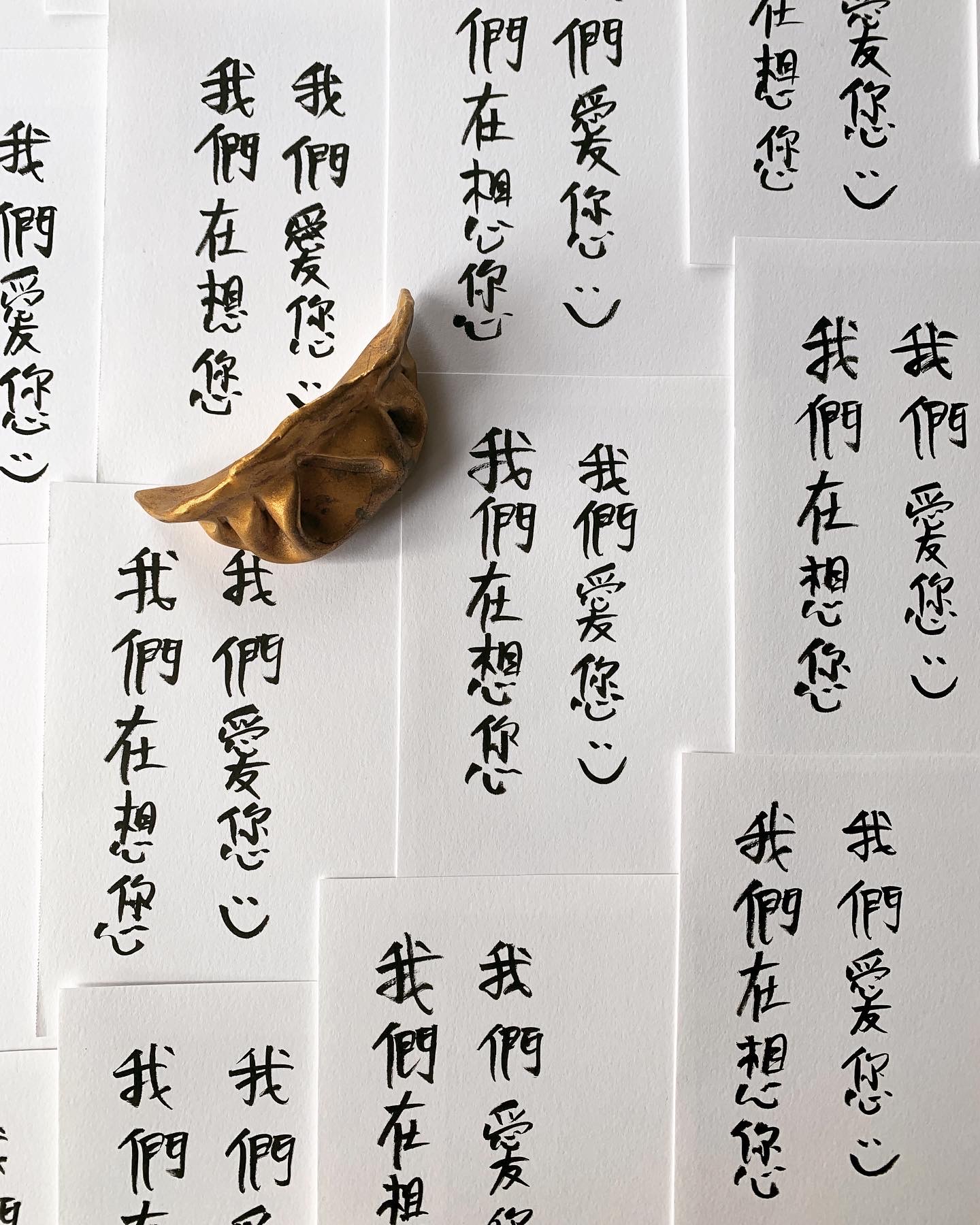
Notes accompanying Heart of Dinner meals.
Translates to: We're thinking of you; we love you. Vicky Gu
My last question is inspired by the hand-written notes in each Heart of Dinner meal. If you were to write one of those notes to your future self, what would you write?
Oh…[Moonlynn laughs.] I think it would be something as simple as, “You are enough.” Because many times, I feel like I need to be doing more, and I need to be doing all of these different things, and if I’m not doing all those different things, then I’m not giving my all.
I still have this sense of imposter syndrome, because I’m just so surprised by how lucky I have been through my career. I’m still working to try to get my career situated, whereas I would like to feel a sense of, “It’s not imposter syndrome, you did this.”
So I think: “Hey. You’re enough. You’re on the right path. Just keep going.”
Sign up for Currantly, our newsletter delivering original food stories and news analysis, with surprise treats of freshly curated recipes and product drops. Think of it as your monthlyish digest to deepen your stance on food issues and be creatively inspired.
Sarah Cooke is a freelance writer and reporter based in Washington, D.C. Her reporting, which explores the intersection of food, culture, and power, has appeared in DCist, Eater DC, and Washington City Paper.
Sign up for Currantly, our monthlyish newsletter delivering original food stories and news analysis, plus fresh curations of recipes and product drops.
